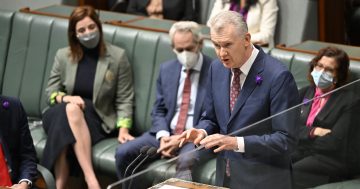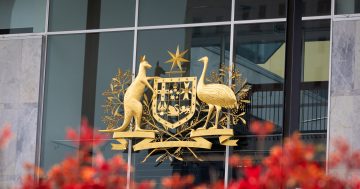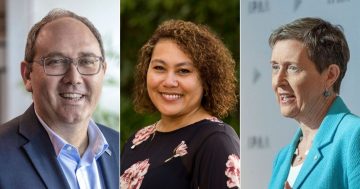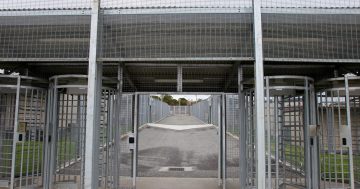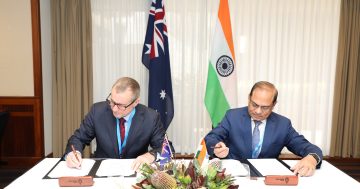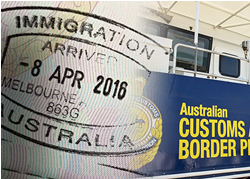 An audit of the merger between the Department of Immigration and Border Protection (DIBP) and the Australian Customs and Border Protection Service (ACBPS) that led to the Department of Home Affairs, has found shortcomings in records management within the merged entity and a failure to realise expected financial gains.
An audit of the merger between the Department of Immigration and Border Protection (DIBP) and the Australian Customs and Border Protection Service (ACBPS) that led to the Department of Home Affairs, has found shortcomings in records management within the merged entity and a failure to realise expected financial gains.
Auditor-General, Grant Hehir said in his report Integration of the Department of Immigration and Border Protection and the Australian Customs and Border Protection Service that the original integration that led to the DIBP in 2015 was followed by the creation of the Department of Home Affairs in 2017 and was progressing with the implementation of a suite of reform projects.
“However, it is not achieving commitments made to Government in relation to additional revenue, and is not in a position to provide the Government with assurance that the claimed benefits of integration have been achieved,” Mr Hehir said.
“The Department’s record keeping continues to be poor.”
He said the Department had not verified whether efficiencies had been delivered in the specific areas nominated in the Integration Business Case.
“Based on progress to the end of December 2017, if collections continue at the current rate, the Department will only collect 31.6 per cent of the additional customs duty revenue to which it committed in the Integration Business Case,” Mr Hehir said.
“The abolition of the Reform and Integration Task Force resulted in a loss of momentum in the reform process and a drop-off in internal communication with staff.”
He said the Department’s own assessment was that its records and information management were in a critical state.
“The problems and their solutions are known to the Department, and it has an action plan to address them, although numerous previous attempts to do so have not been successful,” Mr Hehir said.
“The Department also experienced a loss of corporate memory due to the level of turnover of Senior Executive Service [SES] staff, with almost half of SES officers present in July 2015 no longer in the Department at July 2017.”
The Auditor-General said the Department made extensive use of consultants to assist it with the integration process, but despite a requirement to evaluate contracts on completion, this did not occur in 31 of 33 contracts.
“Therefore, it is unclear whether these services represented value for money,” Mr Hehir said.
He made three recommendations.
The Auditor-General’s 56-page report can be accessed at this PS News link and the audit team was Julian Mallett, Bradley Medina, Anne Kent, David Lacy and Paul Bryant.




